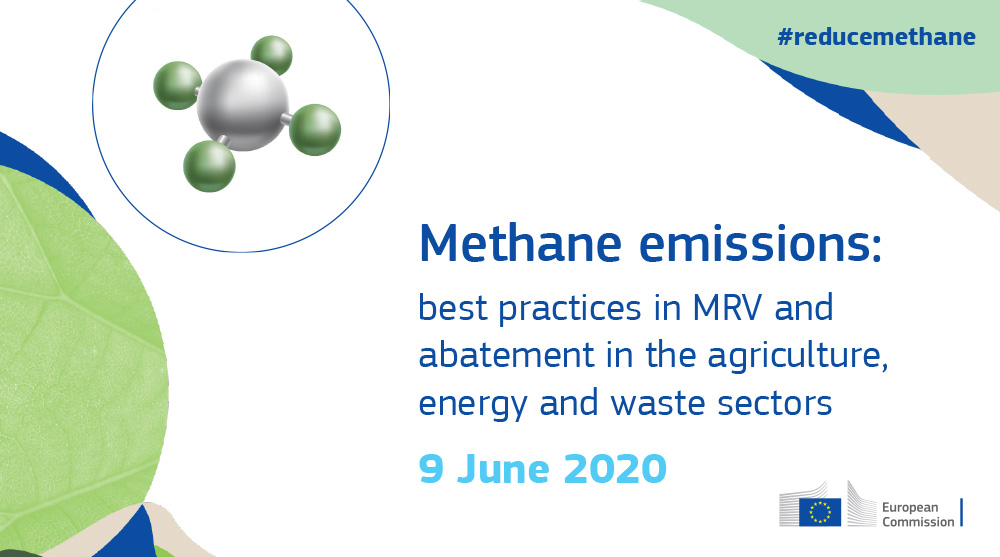How to reduce methane emissions? Notes from a successful workshop
On June 9, 2020, Patrick Clerens - Secretary-General of ESWET - participated in the workshop “Methane emissions: best practices in MRV and abatement in the agriculture, energy and waste sectors” organised by the European Commission.

Methane is a potent greenhouse gas that poses great harm to human health and the environment. It was assessed that methane emissions could cause the warming of around 0,5 degrees by 2050. For this reason, the uptake of alternatives to reduce and even avoid methane emissions are increasingly important.
The workshop was a useful opportunity to get together stakeholders coming from different sectors. Best practices to reduce methane emissions in agriculture, energy and waste sectors were shared and discussed.
ESWET presented a case study focused on Germany waste management, describing how the country reduced its number of landfills from 50.000 in the 1970s to around 300 today. As a result, the methane emissions generated by waste were dramatically reduced.
By being the best alternative to landfilling for the treatment of non-recyclable waste, waste-to-energy plays an important role in Germany’s waste management. Germany’s case could be an example for many others, considering that almost half of the European countries still landfill more than 40% of their municipal waste.
Other news

A look inside a Waste-to-Energy Plant: components and technologies
04.04.2024Waste-to-Energy (WtE) has become a cornerstone in the sustainable management of municipal solid waste. Complementary to waste prevention and recycling,…

Job opening: Waste-to-Energy Technical Officer
12.03.2024We are looking for a Waste-to-Energy Technical Officer. The Technical Officer will provide expertise in the areas of emissions monitoring,…

New member: Bonnenberg & Drescher joins ESWET
30.01.2024ESWET is glad to welcome Bonnenberg & Drescher GmbH (B&D) as a new member. Bonnenberg & Drescher GmbH (B&D) is…